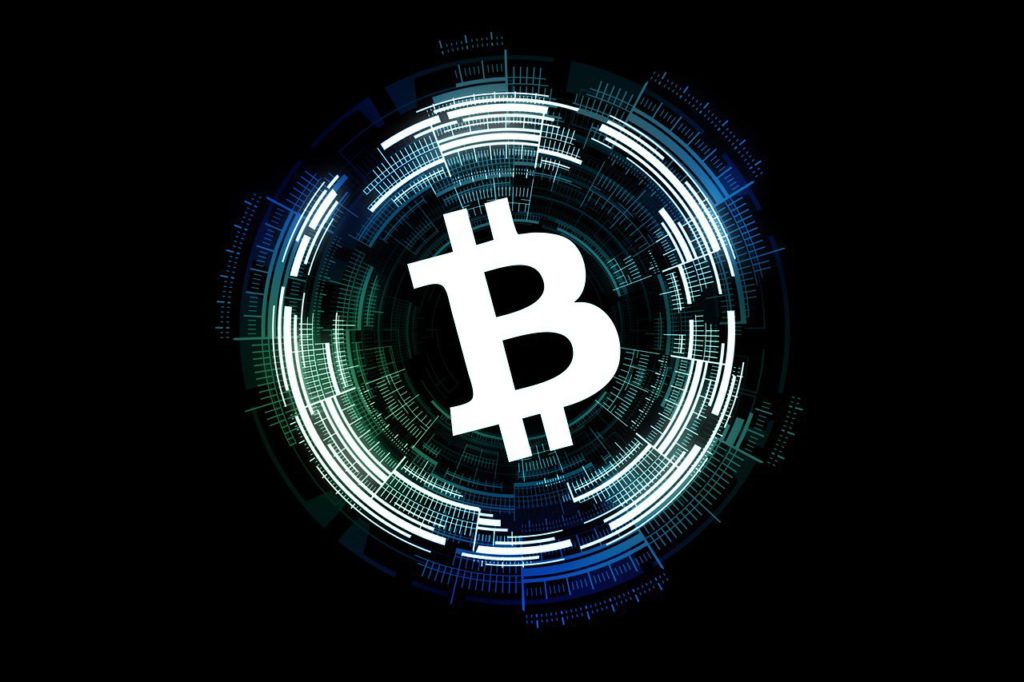Kenya’s blockchain and artificial intelligence taskforce have recommended a digital asset registry and a digital currency for the country. The digital asset registry will enable small enterprises to have alternative sources of funding other than the traditional banks. Well, we believe this is the right peg in a right hole for the country so, the government shouldn’t waste time in adopting the recommendation.
According to Taskforce chairman Bitange Ndemo, the creation of a digital asset registry should come first followed by the digital currency. “A digital currency is the same as cash. Once you pile up, you can go to any bank and take the cash. Actually, there is no need to print cash if we get used to digital cash. The good thing about digital cash its traceability,” he said.
SMEs will be required to create a portfolio composed of information such as websites, videos, and logos which potential investors can view in order to facilitate the establishment of a digital asset registry. “The blockchain mitigates trust. What has been lacking is that the government did not have an infrastructure to ensure trust in blockchain technology,” Ndemo said.
The recommendations come after Treasury Chief Secretary Henry Rotich received orders from parliament to look into digital currencies in the country within two weeks.
The digital currency will be fixed in nominal terms, a legal tender for both private and public transactions, and universally acceptable. According to the Taskforce’s report, it is anticipated to create jobs and improve creativity.
The digital currency will be introduced into the market through an initial coin offering (ICO). The task force is working with the Central Bank of Kenya (CBK) towards this end. “We have been talking to the central bank so that we can create some sort of coin. You are going to hear more of ICOs,” Ndemo said.
The 11-member blockchain taskforce was created to establish a roadmap that will guide the application of emerging technologies as blockchain in various sectors such as land administration, single digital identity, and public service in Kenya. It is currently working on more blockchain technology use cases before submitting a final report to ICT Cabinet Secretary Joe Mucheru at the end of July.
